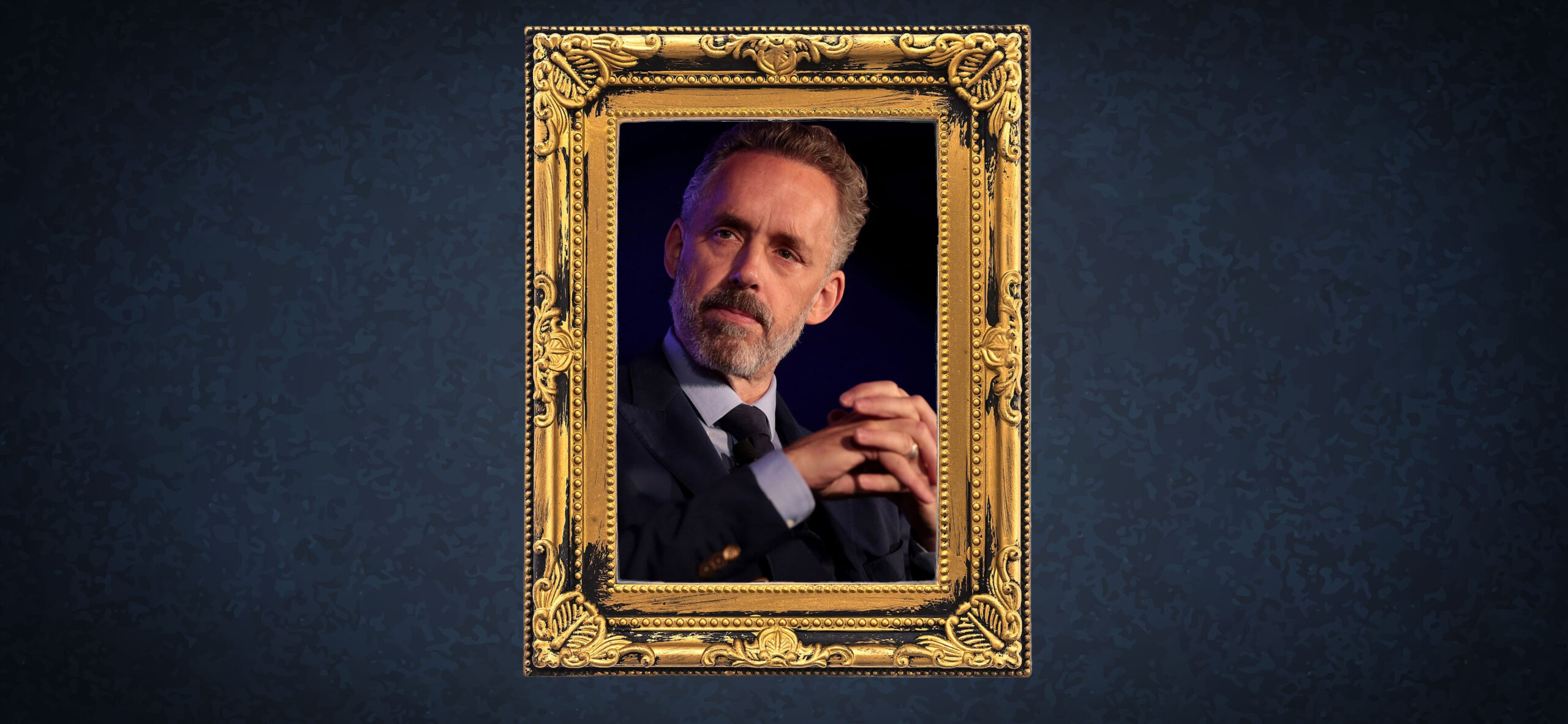I came across a Joe Rogan podcast interview and was totally impressed by one of his guests, Jordan Peterson, a renowned clinical psychologist, author, and public speaker who has gained international recognition for his lectures on psychology, politics, and culture.
His material was so compelling, I went into a deep dive on anything related to his work and found that he might just have the answers to the issues that have plagued society in the last few years.
His ideas have sparked intense debate and controversy, with some hailing him as a visionary thinker and others accusing him of promoting dangerous and divisive views. However, there is no denying the impact that Peterson has had on the field of psychology, and the insights that can be gleaned from his lectures.
Personal Responsibility
One of the key takeaways from Peterson’s lectures is the importance of personal responsibility. Peterson argues that individuals should take responsibility for their own lives and actions, rather than blaming external factors for their problems.
He encourages people to strive to be the best version of themselves, to pursue their goals with determination and perseverance, and to learn from their failures and setbacks. Peterson’s emphasis on personal responsibility is particularly relevant in today’s society, where many people feel disempowered and disengaged from their own lives.
Tradition and Myth
Another key theme in Peterson’s lectures is the value of tradition and myth. Peterson believes that many of the problems of modern society stem from a loss of connection to cultural narratives and traditions.
He argues that these narratives provide individuals with a sense of meaning and purpose, and that they help to shape our moral and ethical values. Peterson draws on a wide range of cultural and religious traditions to illustrate his points, from the Bible and the works of Carl Jung to ancient Greek mythology and Native American folklore.
By emphasizing the importance of tradition and myth, Peterson encourages people to engage with their cultural heritage, to find meaning in their lives, and to develop a sense of community and belonging.
Political Extremism
Peterson is also a vocal critic of political extremism, particularly of the far left and far right. He argues that extremism can lead to intolerance, authoritarianism, and violence, and that individuals should strive to find a balance between competing values and ideologies. Peterson’s critiques of political correctness, identity politics, and cancel culture have resonated with many people who feel that these movements have gone too far in their quest for social justice. While some have accused Peterson of promoting reactionary or even fascist views, others see him as a voice of reason in an increasingly polarized political landscape.
Free speech
Peterson is also a staunch defender of free speech, arguing that it is essential for the pursuit of truth and the maintenance of a healthy society. He believes that individuals should be free to express their opinions, even if they are controversial or unpopular.
Peterson’s defense of free speech has been particularly relevant in the context of recent debates over censorship and deplatforming on social media platforms. While some have accused Peterson of promoting hate speech or defending the rights of bigots, others see him as a champion of intellectual freedom and a bulwark against the forces of censorship and authoritarianism.
Role of Psychology
Peterson’s lectures emphasize the role of psychology in promoting wellbeing. As a clinical psychologist, Peterson is keenly aware of the importance of mental health and the challenges that many people face in achieving it.
He argues that psychotherapy, self-reflection, and lifestyle changes can be just as effective, if not more so, than medication in treating mental health issues. Peterson’s lectures often focus on topics such as depression, anxiety, addiction, and personality disorders, and he provides practical advice for how people can address these issues in their own lives.
What it all means
Jordan Peterson’s lectures have had a significant impact on the field of psychology, and they continue to generate intense debate and controversy. While his views are not universally accepted, there is no denying the value of the insights that can be gleaned from his work.
Peterson’s emphasis on personal responsibility, the value of tradition and myth, the dangers of ideological extremism, the importance of free speech, and the role of psychology in promoting wellbeing have resonated with many people who are looking for guidance and inspiration in their personal and professional lives.
Peterson’s lectures offer a unique perspective on human behavior and motivation, drawing on a range of disciplines and traditions to offer insights that are both practical and profound.
One of the reasons that Peterson’s lectures have been so successful is that he is a highly engaging and charismatic speaker. He has a knack for distilling complex ideas into simple, easily digestible concepts, and he is able to connect with his audience on a deep emotional level. His lectures are often peppered with personal anecdotes and stories that illustrate his points and make them more relatable to his listeners.
Another reason for Peterson’s popularity is his willingness to take on controversial topics and to challenge conventional wisdom. He is not afraid to speak his mind, even if his views are unpopular or go against the prevailing cultural narrative.
This willingness to take risks has earned him a reputation as a maverick thinker, and has made his lectures must-see events for many people.
Despite the controversy surrounding his views, there is no denying the impact that Jordan Peterson has had on the field of psychology. His lectures offer valuable insights into human behavior, motivation, and wellbeing, and provide practical advice for how individuals can improve their lives.
While some may disagree with his views or find them controversial, there is no denying the value of the insights that he has to offer. Whether you are a psychologist, a student, or simply someone who is interested in personal growth and development, Jordan Peterson’s lectures are well worth watching.



























